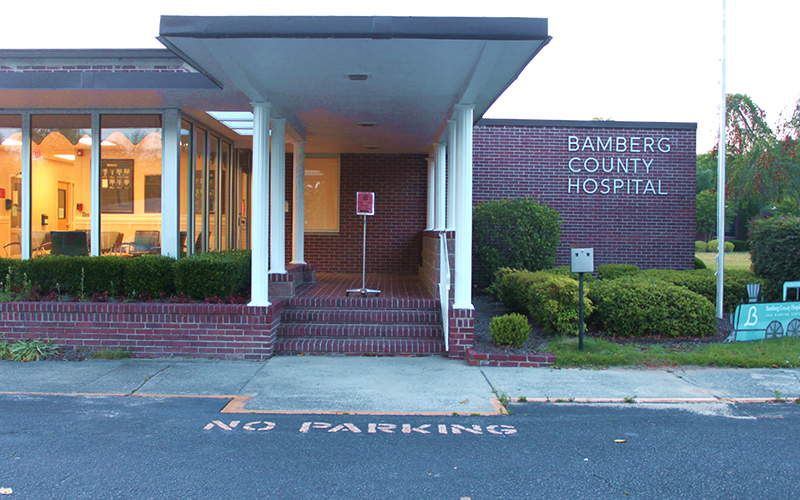
By Lindsay Street, Statehouse correspondent | State leaders are seeking to weave a tapestry of solutions to improve health outcomes for rural South Carolinians, facing deadly threats from preventable and chronic diseases, exacerbated by dwindling places providing primary care.
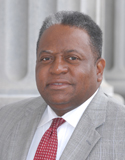
“We have to have a serious conversation dedicated to health care. We have to get around the table and talk about health care in rural communities,” said S.C. Rep. Leon Howard, the Democratic chair of the House Medical, Military, Public and Municipal Affairs committee. “If we just ignore rural communities when it comes to health care, we’re going to pay more later.”
This week, Gov. Henry McMaster reportedly met with members of a nonprofit, Medical Ministries, and at least one lawmaker in an effort to bring public money to the shoestring operation. It brings primary care to seven rural churches in the state. Across South Carolina, the continued existence of rural hospitals is threatened by resource issues with some facilities closing and others transforming.
“I want to take the doctors out to places where the people are ill because the ill people can’t make it to the doctors,” S.C. Sen. Paul Campbell, R-Berkeley, told Statehouse Report.
He said Medical Ministries is looking to open 63 more locations in rural churches throughout the state and that the state is looking to fund the locations at $120,000 each. He said not only will funding be considered in next year’s budget, but that the governor has signaled his office will look to bring additional funds to the program this year.
Over recent years, Medical Ministries has received some public dollars to operate. Some years the clinics, which serve 1,300 patients, receive $300,000 of state money, but other years it gets as little as $78,000, Medical Ministries CEO Bonnie Banks said.
McMaster’s office declined to confirm the meeting. Statehouse Report learned of the meeting from Campbell, who said he was present at the meeting with the governor,, nine ministers and Dorchester County GOP Chairman Tim Higgins, who confirmed the meeting with Statehouse Report.
“Our discussion was to find ways to fund health care clinics in the rural areas for those in need who can’t qualify for any other medical assistance,” Higgins said. “There were no pledges made, but everyone is very interested in supporting the program and investigating ways to make that happen.”
The need for better access
Campbell, who sits on the Senate Medical Affairs Committee, said the recent meeting highlights the growing need in South Carolina for continuing to address rural health.
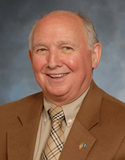
“We’re all working together in a nonpartisan fashion to see how we can make things better for rural South Carolinians,” he said.
Residents of rural communities are more likely to die from the five leading causes of death: heart disease, cancer, unintentional injury, chronic lower respiratory disease and stroke, according to a 2018 report by the National Conference of State Legislatures. The report said:
“Residents in rural counties often face difficulty accessing health care services. Those living in rural counties are more likely to be uninsured, live within a health professional shortage area (HPSA) and experience a local hospital closure.”
Three rural hospitals have closed in South Carolina since 2010: Bamberg County Memorial Hospital, Marlboro Park Hospital in Bennettsville and Southern Palmetto Hospital in Barnwell. Fairfield Memorial Hospital is slated to close later this year, leaving behind an emergency services clinic nearby. Other rural hospitals in the state could be in trouble, analysts say.
In Bamberg and Barnwell counties, officials have worked together to use $8 million in state grants to merge and streamline health services, including providing urgent care and other services for area communities.
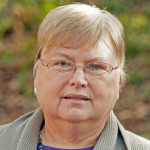
Health care economist Lynn Bailey said the problems are due to rural flight and an unsustainable model of for-profit health care.
“You cannot sustain a hospital without a base population of somewhere between 30,000 and 50,000 people and those people have to have the right combination of insurance — employer-sponsored insurance and Medicare and Medicaid — to survive as a business,” Bailey said.
S.C. Hospital Association spokesman Schipp Ames agreed rural hospital operate on thin margins.
“The majority of our rural hospitals are not operating with the biggest revenue lines. It’s a real struggle with those communities,” he said. He said the shuttering of hospitals are “a signal of decline” for rural communities.
Efforts underway
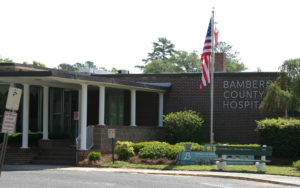 Already, state lawmakers have underwritten millions and sought different primary-care models to help rural health outcomes.
Already, state lawmakers have underwritten millions and sought different primary-care models to help rural health outcomes.
This year, McMaster signed into law an act that allows nurse practitioners to operate at the full extent of their practicing ability. In other words, they will be allowed to act as satellite primary-care providers in rural areas and not be tied so closely to urban-centered doctors. While McMaster’s office would not speak about Medical Ministries, it sent this comment from spokesman Brian Symmes on the nurse practitioner’s law:
“Governor McMaster has been committed to providing access to healthcare in South Carolina’s rural areas since taking office. This past legislative session, he advocated for and signed a bill that expanded nurse practitioners’ prescribing rights and expands the number of nurse practitioners that can operate under the supervision of licensed doctors from three to six. Potentially most importantly, however, is the fact that the bill eliminates the geographical limitations of a nurse practitioner’s ability to provide important healthcare services to South Carolinians in rural parts of the state.”
Bailey said the law will help with chronic disease care in rural parts of the state, but the program has yet to be processed through the medical boards. It may take two more years before rural South Carolina feels the effect of this law.
During the past legislative session, lawmakers also approved expanded telehealth options. According to the National Conference of State Legislatures, telehealth — allowing patients to follow up with doctors and specialists via the web or telephone — is one way to improve rural outcomes. However, S.C. Office of Rural Health CEO Graham Adams cautioned that telehealth is often dependent on broadband access, which isn’t readily available through all of rural South Carolina.
Health care officials working to help
The S.C. Department of Health and Human Services (DHHS), which operates the state’s taxpayer health care payers, has also stepped in to aid rural health outcomes with state money.
In 2014, the state authorized $40 million in spending to help rural hospitals determine how best to continue to provide care in those communities. Since that time, DHHS has distributed $32 million of that money across 10 facilities. This is the program that funded grants to keep services alive in Barnwell and Bamberg counties.
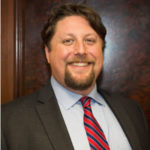
In the 2018-19 fiscal year, the department has been charged with continuing to help with consulting expenses of up to 25 percent of that cost, according to DHHS Director Joshua Baker.
“Our focus has very much been on helping these hospitals retool their business model and some cases walk away from that large capital investment and reinvest differently,” Baker said. For example, leaving a standalone emergency room and a primary care office, instead of keeping an entire hospital open. “We’ve tried to use our role as a payer to put the right incentives in place to help these hospitals adapt to their new smaller size.”
There has not been any application for funds this current fiscal year, Baker said.
Ames said the grants help hospitals make vital decisions about their future.
“The (tight) margins on rural hospitals, that’s why these grants exist: because hospitals don’t have the resources. Youre talking about (the expense of hiring) consultants,” he said.
The program requires rural hospitals to partner with larger systems, which offer help in terms of management, staff and support.
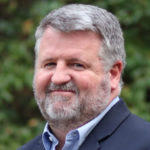
Adams said the transformation program can continue to help, but only if the community voice gets heard.
“As our state consolidates hospitals into larger and larger health systems, it is incumbent on those systems to look to every community in which they serve and say how do we best meet the needs of those communities,” he said. “The challenge is how do we create a consistent robust mechanism so that health systems can get that input, that honest unfiltered input from the community about what they need.”
Baker said DHHS is also committing funds to have doctors finish residencies in rural areas. The hope is that doctors fall in love with the areas they serve and continue to serve there after their residency has been completed, he said.
“There’s not a single strategy that is going to work for every community, we’re trying to give multiple tools they can put together and find what is right for them,” he said.
- Have a comment? Send to: feedback@statehousereport.com



One way to solve this issue in rural areas is for the state to eliminate the law requiring nurse practitioners to work under a doctor’s direction. Let the nurse practitioners open practices in these small communities . They can write prescriptions, etc.
Many other states allow this. Why not South Carolina?